Anyone familiar with the struggles of addiction will tell you support is a key element of staying sober. This is why addiction treatment specialists believe in group sessions. According to the Substance Abuse and Mental Health Services Administration, group drug counseling is offered by 93% of the drug treatment programs in the United States. Drug counselors will tell you this is because it is a tried and true methodology that gets results time and time again. Though the reasons behind why it works might surprise you.
It turns out that much of the power behind a professionally managed group session may actually be rooted in something more familiar and deeper than what we might first expect. Watch any Hollywood film in which the protagonist finds him or herself in a group session, and you’ll always see the same two things—bad coffee and a protagonist who is silent and uncomfortable. The funny thing is only one of these classic tropes is truly bad—and since everyone knows bad coffee is absolutely horrible—we know it’s not the attitude of the person.
“Some group behaviors widely believed to be associated with outcome, such as self-disclosure and participation, were not generally predictive of outcomes of group drug counseling, but alliance with the group counselor was positively associated, and advice giving was negatively associated… (Crits-Christoph, Johnson, Gibbons, Gallop, 2013)
The above quote is from a paper titled, “Process Predictors of the Outcome of Group Drug Counseling”, and in it the researchers found that the addict who finds success isn’t always the choir boy of the group—the one always talking and disclosing heaps about himself. And, it’s definitely not the person looking for the “correct answer” that will magically solve all of his or her problems. In fact, advice giving was negatively associated with achieving positive outcomes from group counseling.
Group sessions draw strength from an empathic and skilled drug counselor that patients recognize as an ally, who knows when to steer and when to get out of the way. When the rubber hits the road, the most important thing is just being present, and in the presence of like-minded people who have been where you are. The group session has the power to pull back the curtain and reveal that recovery is within reach when there is an understanding that everyone in the group is headed forward toward a common destination. In addiction recovery there may not be one magic answer, but at least sometimes it can be as simple as just showing up.
Crits-Christoph, P., Johnson, J., Gibbons, M., Gallop, R. (2013)
Process Predictors of the Outcome of Group Drug Counseling Journal of Consulting and Clinical Psychology, 81(1), 23-34. doi: 10.1037/a0030101

